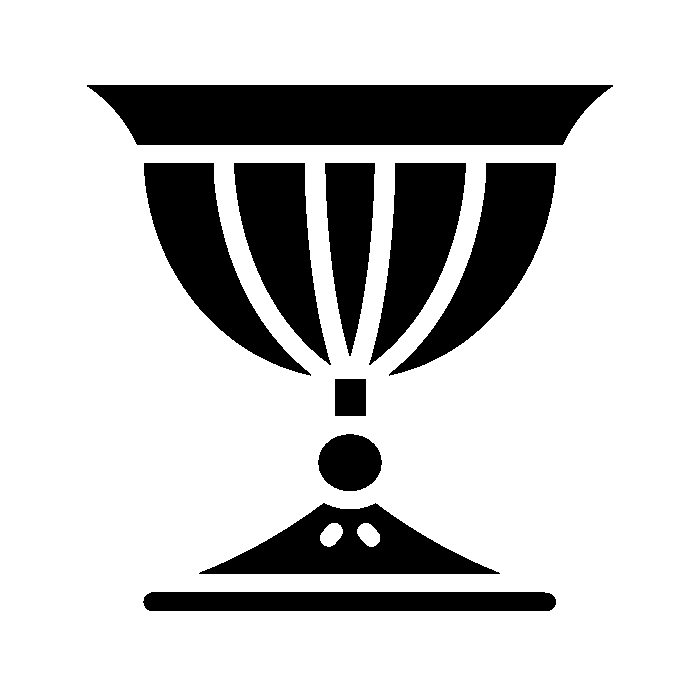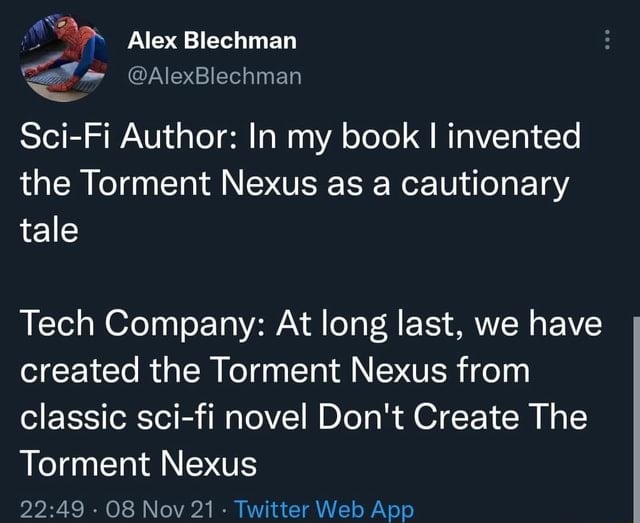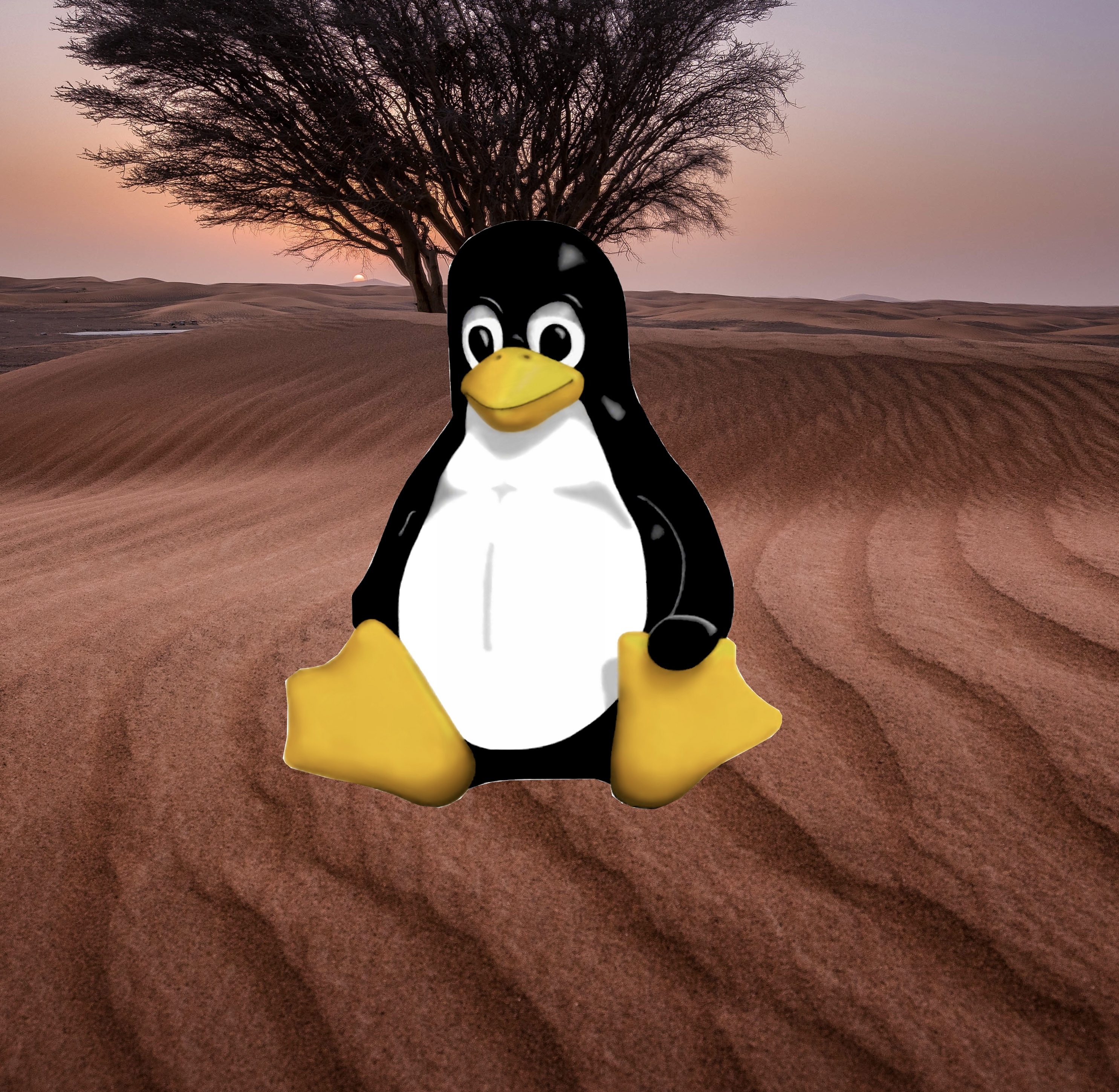No man, not all at.
Not only that, but Orwell has become a dog whistle of the right complaining about social justice issues of the left.
Orwell predicted big brother that was an allegory for communism. Where they threw you in jail for wrong think. Hence why the far right love talking about him.
Imo what we are seeing is far closer to the slow collapse of an empire. The overall process is decay, where it’s like a free for all and crabs in a bucket mentality.
Bottom line is, things are falling apart due to incompetence, not a very competent entity taking full control.
Mostly the part where words don’t mean anything and reality is crafted by the oppressor.
Reality has always been crafted by the oppressor. It’s an inherently oppressive concept. http://soulism.net/
Nah.
Telescreens were mandatory.
In the real world, people would voluntarily install them, and pay for the privilage of doing so.
Yeah, more like this guy was right.

Every day Huxley is proven more correct than Orwell because through the magic of SOMA (addictive phones hitting dopamine rushes), people can be surrounded with the truth and completely ignore it, and as you said, pay for the privilege of being lied to because it feels nice. (And oh man, that’s a major industry on OnlyFans, being lied to because it feels nice)
Huxley understood our desires could break us more than our hate.
I can’t find it, but I recall an interview with Zizek around when Snowden dropped his leaks, and it was about how it really changed nothing, and he was noting how the revelations of torture during the Iraq War had changed nothing either. He thought disclosure was a moot point now, society was checked out. He was right.
The “Amusing Ourselves to Death” comic does a good job showing how Huxley did a better job predicting the future.

It seems to me that they were both right. If I didn’t know better, I’d be inclined to think that the wealthy and powerful used their works as a roadmap instead of a warning.
I think Orwells Animal Farm describes the current situation in the US better. There might be less communism but some things (like the TikTok ban) seem to be stolen directly from the book.
Brave New Wolrd and Farnheit 451 with Handmaid’s Tale…I mean, even Zuckeberg with Meta is trying to be the villain ceo of Ready Play One.
Edit: https://lemm.ee/post/53222800 These post is relevant to this discussion.
Specially the comment from [email protected]Now that we’re adding more dystopian books to the thread I’d like to shout out to Kallocain (1940) by Karin Boye. It’s more of a totalitarian state similar to 1984 but has an aspect of truth drugs, a hot topic back then, and thought criminalization.
Kallocain
However, unlike Brave New World in which a drug is used to suppress the urge to nonconformity generally, a drug in Kallocain is used to detect individual acts and thoughts of rebellion.
Interesting, shades of Severance. The severing of parts of their life achieves a similar result of preventing (instead of detecting) individual acts and thoughts of rebellion.
Good callout to Fahrenheit 451. I think Beatty’s monologues are pretty important because they’re strongly argued. His positions aren’t wholly irrational, he has given it careful, deliberate thought for a long time. The first time I read it I recall feeling compelled and almost convinced by his arguments, which is such a beautiful way to express it. Bradbury literally argues against the existence of the book Fahrenheit 451 itself, his own competing ideas that someone else would want to erase, through Beatty’s monologues. He made a compelling argument for it, too. All the books disagree, so what even is truth?
Knowing how to be psychologically resilient against such arguments is important, I think.
…and they line up around the block to get the new ones that can see and hear them even better. Our timeline’s version has access to our fingerprints, can identify our faces from millions of others, know our hobbies, our work schedule, our political leanings, etc, etc. We’re deep in this nightmare.
Chat, is this real?
I don’t feel like Orwell or Huxley are even close.
Orwell was about the party, we have a problem with Capitalist nihilists who aren’t party specific. They’d be doing the same thing if Trump were a corrupt Dem (and he was for a while).
…as for Huxley, we live in a sexually repressed society nothing like Brave New World. The outlets aren’t done collectively in church like structures, and there’s no wild-man sanctuaries to escape to.
So no, neither of them present the model for the current circumstances.
Honestly feels like we got the worst of both options. The petty censorship, puritanism and lies of 1984 mixed with the lesser and trivial entertainments of Brave New World.
I feel like especially in the last few years at least the part of the left that was so concerned with certain issues with problematic media and addressing issues with overly sexualizing women has joined in some unholy union with the prudish and moralists on the right to spawn a general censorship of a vast swath of concepts backed up by both the lefts moral high ground and the rights religious teachings.
Where before there was the nuance to recognize that women were too often presented as sexual objects in popular media, as well as the fact that we shouldn’t kink shame consenting adults or the sex workers providing what should be seen as legitimate service. Now that nuance is lost in favor of simple discrimination and censorship, only disguised in the original movements language.
I don’t think either were a perfect fit, but personally I don’t think they need to be. V for Vendetta lines up great in some ways, much less so in others, but I think it scratches the same itch. They are all cautionary tales about the ways we allow or encourage or accept government use of power, and how those pressure points can be exploited to create various authoritarian and/or dystopian outcomes.
Been awhile since I’ve read any of those, but I definitely have always felt they resonate with each other, and IMO they resonate with current events also.






